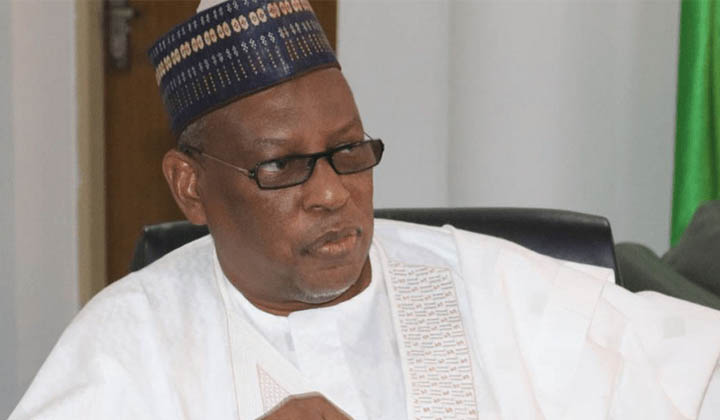27 states unable to access N36bn UBEC grant, including FCT.
In 2023, the Universal Basic Education Commission allocated N36.1 billion for education, however 27 states and the FCT did not receive any of the money.
The N36.1bn sum is derived from a report submitted by UBEC in March 2024 that detailed the inaccessibility of state-by-state matching funds.
Adamu Misau, Director of Finance and Account at UBEC, signed a statement stating that the states did not have access to N36.1bn.
Based on the information provided in the document, the following states have completely used their funds: North-West (Jigawa, Sokoto, and Zamfara); North-East (Borno and Taraba); North Central (Nasarawa); South-West (Ondo); South-East (Enugu); and South-South (Delta).
According to the document, however, N1.3 billion was not accessed by Kaduna State in 2023, N581 million by Kano State in the same year, and N1.3 billion by Katsina and Kebbi states individually that same year.
The data shows that the states of Adamawa and Bauchi did not get the N1.3 billion allocated for 2023.
Going back to 2023, both Gombe and Yobe states were unable to obtain N1.3 billion.
The states of Niger, Kwara, and Benue were each owing N2.6 billion since they were unable to receive the intervention money in 2023.
From the disbursement in 2023 in Kogi, Plateau States, and the FCT, the commission currently possesses N1.3 billion that cannot be accessed.
The 2023 disbursement of N1.3 billion was also not accessed by the states of Ekiti and Lagos.
Ogun State has not yet received the funding, according to additional data analysis.
Mrs. Funmi Falana (SAN), a human rights lawyer, took the 36 state governments and the FCT to Lagos’s Federal High Court in February 2024 to explain why they hadn’t used the N68 billion in UBEC monies meant for free basic education.
According to the senior lawyer, states were unable to offer free basic education to their residents since they did not give their counterparts the money to access the UBEC monies.
Prosecutors in the case included UBEC, the Minister of Education, Prof. Tahir Mamman (SAN), and the Attorney-General of the Federation, Lateef Fagbemi (SAN).
In a recent interview, though, NGF Education Advisor Dr. Ebenezer Leo The Great disclosed that the UBEC fund was locked since state governments couldn’t raise the 50% required to release it.
States’ struggles to get UBEC funding are at the heart of the matter. An attempt to reduce the matching grant—the counterpart fund to which states are obligated—is being considered for possible legislative changes to the UBEC Act, he stated.
Over 47 million pupils are enrolled in 171,027 public and private elementary and junior high schools across the country, according to data from the Commission.
There are a total of 79,775 public schools and 91,252 private schools, as reported by UBEC.
According to the Commission, there are 7.2 million pupils in preschools, 31.7 million in elementary schools, and 8 million in middle and high school.
The Commission found that there are currently 354,651 teachers working in preschools, 915,593 in elementary schools, and 416,291 in middle schools.
State governments cannot access UBEC funds without matching those funds, according to Comrade Audu Titus Amba, national president of the Nigeria Union of Teachers. This is despite the fact that doing so would cut the country’s 10.5 million schoolchildren in half.
“It is truly disheartening to learn that approximately 27 states, including the Federal Capital Territory, have not utilised the 2023 UBEC funds, despite the fact that we are now in 2024.” We aren’t constructing schools or renovating buildings, and you can see why. In spite of this, UBEC has cash in hand.
But the state governments have to pay their corresponding funding before the commission may release the money. The construction of schools, the education of educators, the acquisition of books, and other basic needs may all be funded with these sums.
Here we have the problems. Even so, we’re making progress. The head of NUT said, “We have written to the various state governments, asking them to pay their quota so we can access the funds.”




